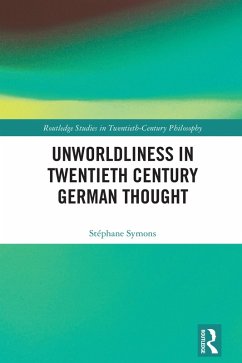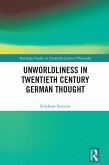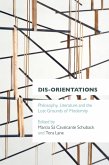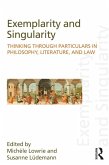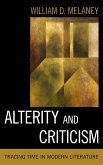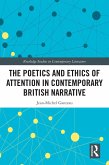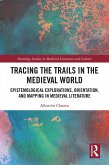By establishing an intellectual dialogue among these otherwise diverse thinkers, this study identifies a common interest: the question whether an unworldly, fragmented universe can nonetheless elicit a creative response from individuals. Together, these authors offer an alternative to what is considered the dominant trend in twentieth-century German philosophy: the phenomenological emphasis on humans' lived interactions with a shared and unified lifeworld. Special attention is given to six distinct interpretations of Miguel de Cervantes's novel Don Quixote and the unworldly actions of its main character.
Unworldliness in Twentieth Century German Thought will appeal to researchers and advanced students interested in twentieth-century continental philosophy, German intellectual history, critical theory, and literature and philosophy.
Dieser Download kann aus rechtlichen Gründen nur mit Rechnungsadresse in A, B, BG, CY, CZ, D, DK, EW, E, FIN, F, GR, HR, H, IRL, I, LT, L, LR, M, NL, PL, P, R, S, SLO, SK ausgeliefert werden.

